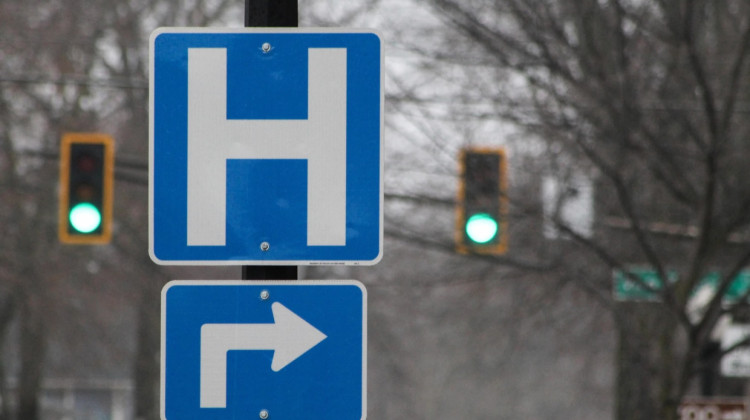INDIANAPOLIS - Earlier this week Democratic presidential candidate Hillary Clinton announced a plan to cure Alzheimer’s disease by 2025. Clinton’s proposal would increase funding by $2 billion a year over the next ten years to fund research and treatment for Alzheimer’s disease, one of the top 10 causes of death in the U.S.
Dr. Liana Apostolova, a neurologist at the IU Health Neuroscience Center, specializes in diagnosing and studying the disease. She says increased funding and awareness could help people here at home.
"In the state of Indiana alone we have 120,000 cases of Alzheimer’s with 300,000 caregivers and the expenditures in our state alone are $4.5 billion a year." Said Apostolova.
The IU Alzheimer’s disease center is already an active site for clinical trials and biomarker studies that are helping to diagnose the disease before symptoms appear. The center also studies genetic and lifestyle risk factors. That knowlege could play a key role in discovering new drug targets and developing new diagonstic tests.
Dr. Apostolova says Hoosiers suffering from the disease could play a key role in finding a cure.
"We encourage the population of greater Indiana to get interested, get involved, seek us out and enroll in clinical trials so we can find a cure." Apostolova said.
As the baby boomer generation ages, the CDC sites a report that says the number of people with Alzheimer’s could triple to as high nearly 14 million by 2050, potentially costing more than $500 billion annually.
 DONATE
DONATE









 Support WFYI. We can't do it without you.
Support WFYI. We can't do it without you.